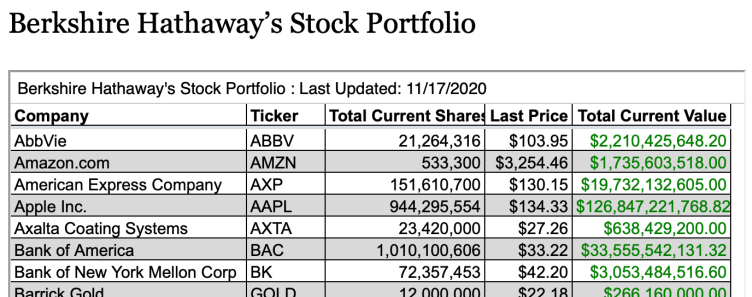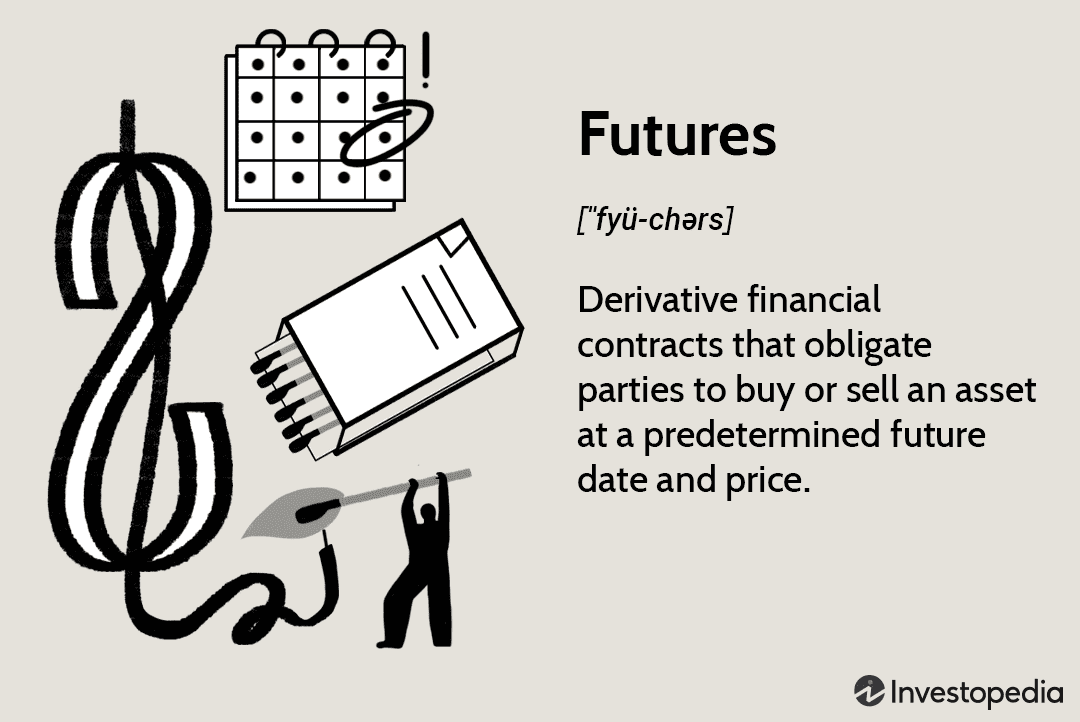
Alert securities allow you to stay up-to-date on stock prices. These systems notify you when an ETF or stock goes up or falls by a specific percentage. These systems can also help you understand the context of a stock's movement and identify patterns after certain events. These alerts are common. These systems will save you lots of time and energy.
Alerts can be triggered by normal, non-malicious actions
An alert is activated when a security system detects an abnormal event or activity. It means that a security problem is being investigated. An Alert is usually activated by a security device detecting a possible threat actor. After an Alert has been triggered, it's triaged. Once it's been resolved, the appropriate action is taken.
Analyzing alerts is the process of correlating an event with a pre-programmed alarm rules. Programmatic correlation logic generates alerts, which are then examined to determine if the event is a False positive or an Incident. In some cases, incidents are resolved through a formal Incident Response Process. Alternately, alerts can be enhanced through queries against additional event source or historical data stored in a Data Lake.

Alert levels
The Securities and Exchange Commission (SEC) has issued several Investor Alerts to help investors determine when to sell or buy securities. These alerts reflect recent trends and are updated regularly. The newest investor alert focuses on digital currency. This alert warns about the significant risks involved in speculative Bitcoin trades.
Investors may set up alerts in order to be notified when an ETF, stock, or other investment moves by a specified percentage. This helps investors identify large market moves, to place them in context, as well as recognize patterns and trends that occur after specific events.
Alert types
There are two basic types of alerts for securities. The first is a basic alert that uses a single variable. The second type uses a secondary criterion that measures a change to a predetermined value. Both types are similar in that they are designed to notify you if the price of a security rises or falls.
You can also set up alerts to specific prices. For example, you can set up an alert for when a specific stock, ETF, or bond goes up or down by a certain percentage. These alerts help you identify big moves and put the price into context. You can also use them to help identify patterns following certain events.

Alert levels graphs
Developing alert levels is a complex task and requires collaboration between a wide range of stakeholders. The system must reflect sound public health principles and allow for the incorporation of new evidence as the risk level increases. Alert levels must always be simple to understand and communication should be fast and easy, via mass media and social media.
Alarm levels are determined using a variety criteria including the level and risk of volatility. These indicators should be considered in conjunction with other data and indicators. The indicators should be quantifiable and the user should have the option of changing the thresholds. The thresholds and level of risk for security cannot be fully automated. In addition, it is important to leave room for change if the user will be switching to a new security frequently.
Alert user name
There are many ways to customize your Alert's email address and user name. For example, you can associate a user's email with their phone number. You can also control which types of alerts they receive. You can, for instance, choose to have alerts sent from both an email account or a mobile device.
FAQ
What are the benefits to owning stocks
Stocks are less volatile than bonds. Stocks will lose a lot of value if a company goes bankrupt.
But, shares will increase if the company grows.
Companies often issue new stock to raise capital. Investors can then purchase more shares of the company.
To borrow money, companies can use debt finance. This allows them to borrow money cheaply, which allows them more growth.
People will purchase a product that is good if it's a quality product. The stock's price will rise as more people demand it.
Stock prices should rise as long as the company produces products people want.
What is the main difference between the stock exchange and the securities marketplace?
The entire list of companies listed on a stock exchange to trade shares is known as the securities market. This includes stocks, options, futures, and other financial instruments. There are two types of stock markets: primary and secondary. Large exchanges like the NYSE (New York Stock Exchange), or NASDAQ (National Association of Securities Dealers Automated Quotations), are primary stock markets. Secondary stock exchanges are smaller ones where investors can trade privately. These include OTC Bulletin Board (Over-the-Counter), Pink Sheets, and Nasdaq SmallCap Market.
Stock markets have a lot of importance because they offer a place for people to buy and trade shares of businesses. The price at which shares are traded determines their value. Public companies issue new shares. These shares are issued to investors who receive dividends. Dividends are payments that a corporation makes to shareholders.
Stock markets are not only a place to buy and sell, but also serve as a tool of corporate governance. Boards of directors are elected by shareholders to oversee management. They ensure managers adhere to ethical business practices. In the event that a board fails to carry out this function, government may intervene and replace the board.
How can people lose money in the stock market?
The stock market isn't a place where you can make money by selling high and buying low. It's a place you lose money by buying and selling high.
Stock market is a place for those who are willing and able to take risks. They may buy stocks at lower prices than they actually are and sell them at higher levels.
They are hoping to benefit from the market's downs and ups. If they aren't careful, they might lose all of their money.
How are share prices established?
Investors set the share price because they want to earn a return on their investment. They want to make money from the company. They buy shares at a fixed price. Investors will earn more if the share prices rise. If the share price goes down, the investor will lose money.
Investors are motivated to make as much as possible. This is why they invest in companies. They are able to make lots of cash.
Why is a stock called security?
Security is an investment instrument whose worth depends on another company. It may be issued by a corporation (e.g., shares), government (e.g., bonds), or other entity (e.g., preferred stocks). The issuer promises to pay dividends to shareholders, repay debt obligations to creditors, or return capital to investors if the underlying asset declines in value.
Statistics
- Individuals with very limited financial experience are either terrified by horror stories of average investors losing 50% of their portfolio value or are beguiled by "hot tips" that bear the promise of huge rewards but seldom pay off. (investopedia.com)
- Our focus on Main Street investors reflects the fact that American households own $38 trillion worth of equities, more than 59 percent of the U.S. equity market either directly or indirectly through mutual funds, retirement accounts, and other investments. (sec.gov)
- The S&P 500 has grown about 10.5% per year since its establishment in the 1920s. (investopedia.com)
- For instance, an individual or entity that owns 100,000 shares of a company with one million outstanding shares would have a 10% ownership stake. (investopedia.com)
External Links
How To
How to invest in the stock market online
You can make money by investing in stocks. There are many ways to do this, such as investing through mutual funds, exchange-traded funds (ETFs), hedge funds, etc. Your risk tolerance, financial goals and knowledge of the markets will determine which investment strategy is best.
You must first understand the workings of the stock market to be successful. Understanding the market, its risks and potential rewards, is key. Once you are clear about what you want, you can then start to determine which type of investment is best for you.
There are three types of investments available: equity, fixed-income, and options. Equity is the ownership of shares in companies. Fixed income can be defined as debt instruments such bonds and Treasury bills. Alternatives include things like commodities, currencies, real estate, private equity, and venture capital. Each category has its pros and disadvantages, so it is up to you which one is best for you.
Once you have determined the type and amount of investment you are looking for, there are two basic strategies you can choose from. The first is "buy and keep." This means that you buy a certain amount of security and then you hold it for a set period of time. Diversification refers to buying multiple securities from different categories. If you purchased 10% of Apple or Microsoft, and General Motors respectively, you could diversify your portfolio into three different industries. You can get more exposure to different sectors of the economy by buying multiple types of investments. It helps protect against losses in one sector because you still own something else in another sector.
Risk management is another important factor in choosing an investment. You can control the volatility of your portfolio through risk management. You could choose a low risk fund if you're willing to take on only 1% of the risk. If you are willing and able to accept a 5%-risk, you can choose a more risky fund.
Learning how to manage your money is the final step towards becoming a successful investor. A plan is essential to managing your money. A plan should address your short-term and medium-term goals. It also needs to include retirement planning. Then you need to stick to that plan! Keep your eyes on the big picture and don't let the market fluctuations keep you from sticking to it. You will watch your wealth grow if your plan is followed.